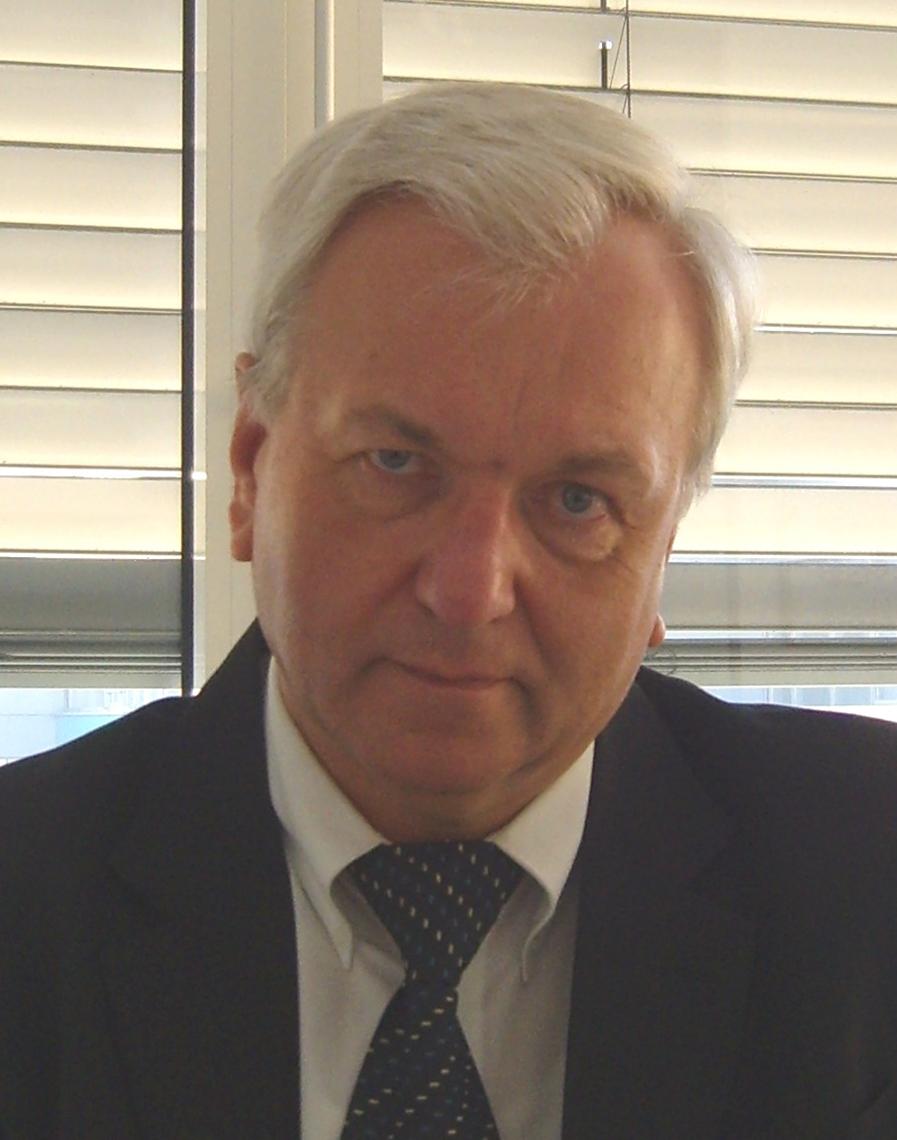
Qualified employees urgently needed
Mr. Franz Elsner, head of the Federal Employment Agency in Amberg, speaks in an interview with ISE about the regional effects of the economic crisis and the qualification of job seekers at educational institutions in the Amberg-Sulzbach district.
Mr. Elsner, you are a trained power electrician. When and why did you decide to pursue a career at the Federal Employment Agency?
Mr Elsner: After completing my vocational training at the time, my professional path initially took me back to school in order to acquire the technical college entrance qualification required for further engineering studies on the second educational path. I then completed two years of military service as a regular soldier in the officer's career. My time in the Bundeswehr was a first milestone for my further professional development because, as a young lieutenant at the time, I quickly had to bear a high level of responsibility for personnel and material in the position of platoon commander. The desire to work more directly with and for people in my future professional life ultimately led me to the Federal Employment Agency, where I have been able to work at various management levels throughout Bavaria since 1975.
ISE: What effects do you expect the current economic crisis to have on the labor market in your area of responsibility?
Mr Elsner: The effects of the crisis are already being felt on the regional labor market, as companies based here are also suffering from a rapid decline in orders as suppliers to the particularly hard-hit automotive industry. But the current reluctance to place orders is also having a massive impact in other sectors that are particularly export-dependent. We expect a longer “dry spell” lasting at least six months that needs to be overcome. The employment agency, in close partnership with business, will do everything within its means to preserve jobs at risk even in the difficult weeks and months ahead.
ISE: How satisfied are you with the collaboration with the regional educational institutions, especially the ISE?
Mr Elsner: The cooperation with the regional educational institutions and especially with ISE has been very good for years. An important indicator of the quality of vocational training measures is rapid professional integration after completing a qualification. Your institute succeeds in meeting this requirement through quality, the commitment of its employees and intensive contacts with the local economy.
ISE: Which professional qualifications for job seekers would you immediately implement if you had the freedom to choose?
Mr Elsner: The offer of qualification measures worthy of funding must always be based on demand. If the temporary market weakness is ignored, then as the economy picks up again, as in the previous year, there will be a shortage of skilled workers, particularly in the metal and electrical sectors. Demand for personnel will also increase in the warehousing and logistics sectors and among drivers in local and long-distance transport. But the need for nursing staff will also continue to increase. The employment agency will therefore base its educational goal planning on this.
ISE: You have been head of the employment agency in Amberg since 2001. What are your goals and wishes for 2009?
Mr Elsner: Despite the current unfavorable overall economic conditions, my goal is to at least roughly match the good placement successes of the previous year by the end of the year. As in the past, I am relying on good and successful cooperation with all labor market partners in the interests of the people in our region.
Mr. Elsner, we would like to thank you for the friendly conversation. (ms)

